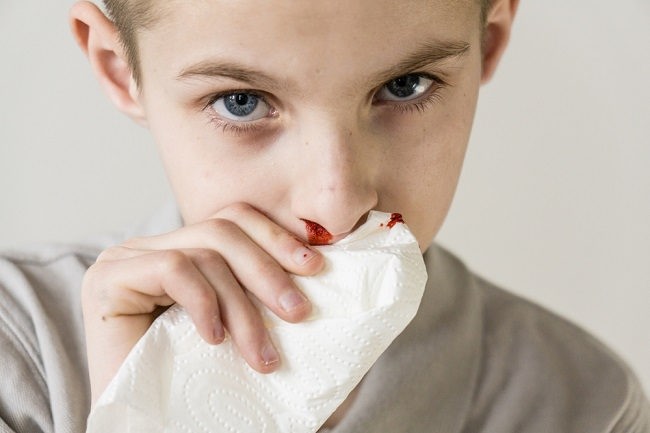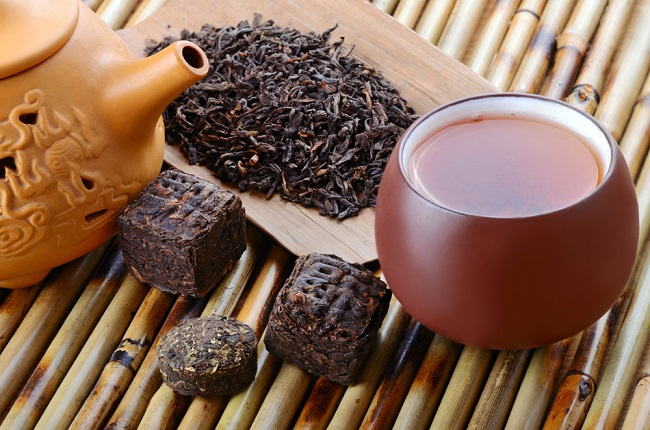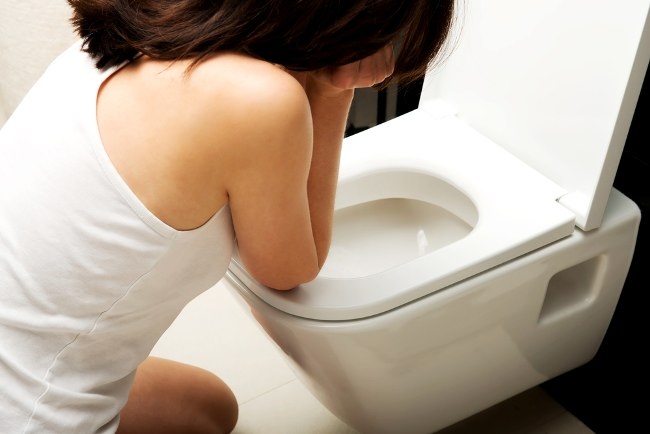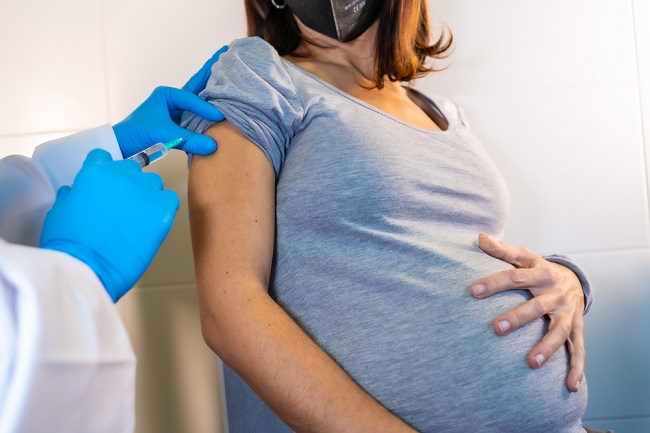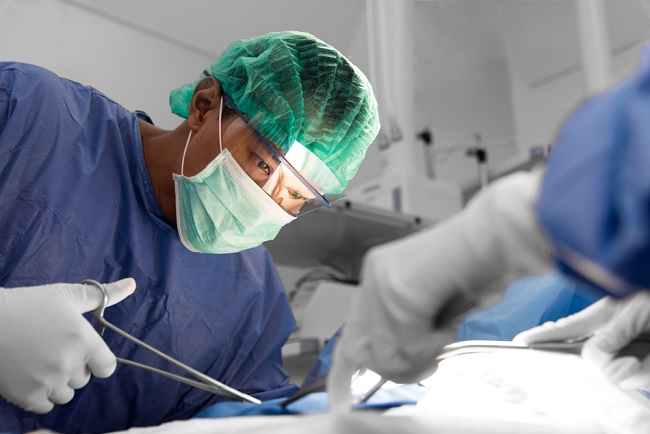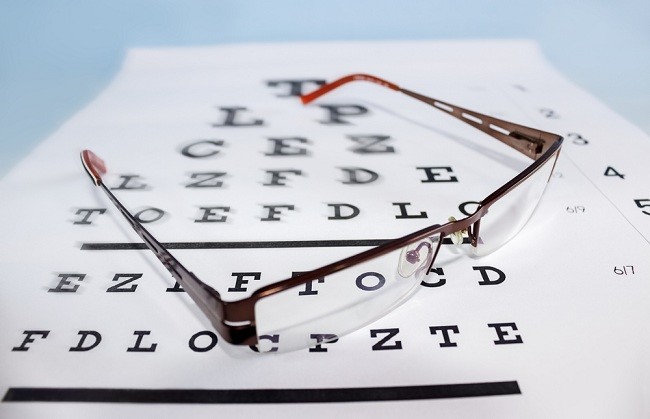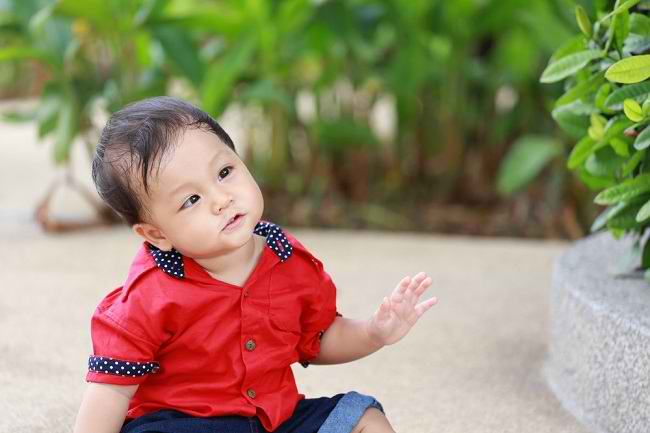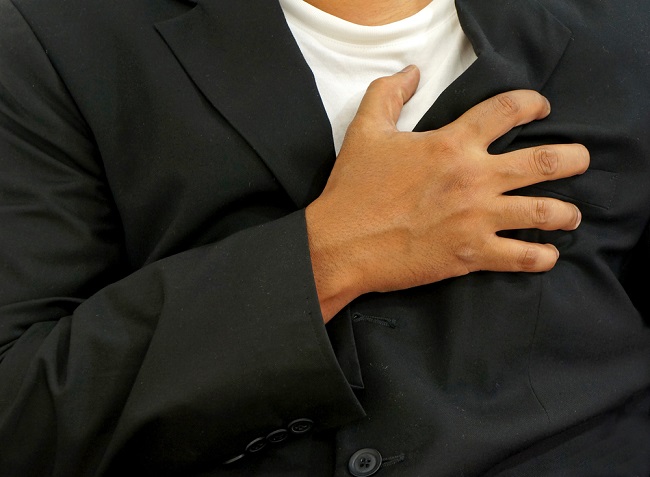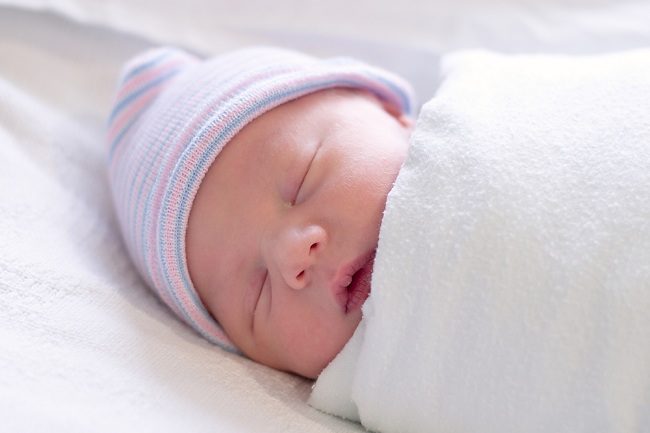For some mothers, sharing breast milk with other babies who are not their own children may feel strange and uncomfortable. However, the practice of sharing breast milk that is increasingly widespread can bring benefits to babies in need, such as babies born with low birth weight..
Sharing breast milk can be a solution to improve the health quality of malnourished babies. Besides being effective, this step has been shown to reduce the overall infant mortality rate.

From data World Health Organization (WHO), there are more than 20 million babies born weighing less than 2.5 kg each year. Of these, more than 96 percent of babies come from developing countries.
Being born with a low birth weight makes babies more at risk of sudden death, impaired growth and development, and infectious diseases. As one of the handling steps, WHO recommends breastfeeding for babies born with low weight, both from biological mothers and from breast milk donors. The last option then with formula feeding.
Breastfeeding, even from donor breast milk, has been shown to reduce the risk of:
- Necrotizing encolitis disease, which is a condition in which the digestive tract is damaged, ranging from inflammation, tissue death, to leakage.
- Severe intestinal disorders.
- Infection during the early days after birth.
WHO also recommends that babies born with low birth weight should be breastfed for at least 6 months. However, in infants who are sick or have a weight that is too low (less than 1 kg), the intake needs to be adjusted according to the doctor's advice.
Requirements for Donating Breastmilk
To be able to become a breast milk donor, breastfeeding mothers must meet several health requirements. The following are the conditions for donating breast milk:
1. The donor mother must:
- Willing to undergo a blood test to determine his health condition.
- Have a good health condition.
- Not taking herbal supplements and medical drugs, including insulin, thyroid hormone replacement, birth control pills, and medicinal products that can affect the baby.
2. Breastfeeding mothers are prohibited from becoming donors if:
- Suffering from HIV, HTLV (human T-lymphotropic virus), syphilis, hepatitis B, or hepatitis C, based on blood test results.
- Having a husband or sexual partner who is at risk of contracting HIV, HTLV, syphilis, hepatitis B, or hepatitis C.
- Smoking or consuming tobacco products.
- Using illegal drugs.
- Consuming 60 ml or more of alcoholic beverages per day.
- In the last 6 months, received a blood transfusion.
- In the past 12 months, received an organ or tissue transplant.
3. Requirements kspecial
In Indonesia, there are already regulations regarding breastfeeding donors, namely Government Regulation No. 33 of 2012 concerning Exclusive Breastfeeding. Its contents state:
Exclusive breastfeeding by breast milk donors is carried out with the following requirements:
- There is a request from the biological mother or the baby's family in question.
- The clarity of identity, religion, and address of the breast milk donor is clearly known by the mother or family of the baby receiving breast milk.
- There is the consent of the breast milk donor after knowing the identity of the breastfed baby.
- Breast milk donors are in good health and do not have medical conditions that prevent them from breastfeeding, including suffering from diseases that can be transmitted through breast milk.
- Breast milk is not traded.
In addition, breastfeeding must also be carried out based on religious norms and consider socio-cultural aspects, quality, and safety of breast milk.
Things to Consider Before Giving Breastmilk Donors toon Baby
For parents who are looking for breast milk donors, there are several things that need attention:
Consider possible health risks
Remember that the practice of sharing breast milk also has risks to the health of the baby, depending on who the breast milk donor is and how the donor mechanism is carried out.
Health risks for babies receiving breast milk include:
- Exposure to infectious diseases, including HIV.
- Contaminated by chemical substances from drugs consumed by the donor mother.
As you also know, breast milk that is not stored properly can be contaminated and unsafe for babies to drink. So, make sure the breast milk donated to you is stored properly beforehand. When going to give it to the baby, pay attention to whether there are signs of stale milk.
It should be noted that the nutritional needs of each baby are different. This is influenced by age and health conditions. Therefore, first consult with your doctor before deciding to donate breast milk to your baby.
Make sure the breast milk donor has undergone a medical test
If you decide to donate breast milk to your baby, make sure the donor mother has done a health check to find out the safety of her milk. Regarding the cost of examining the donor's mother, it can be discussed together.
Breast milk donors can be of great help to babies who are not getting enough milk from their mothers. The benefits of breast milk from a donor are the same as breast milk from a biological mother. Even so, pay attention to the requirements, so that the breast milk given to babies is safe and the quality is maintained.
If you intend to give donor breast milk to your baby, it will be easier if you join communities that observe breast milk donors, to get useful information.
